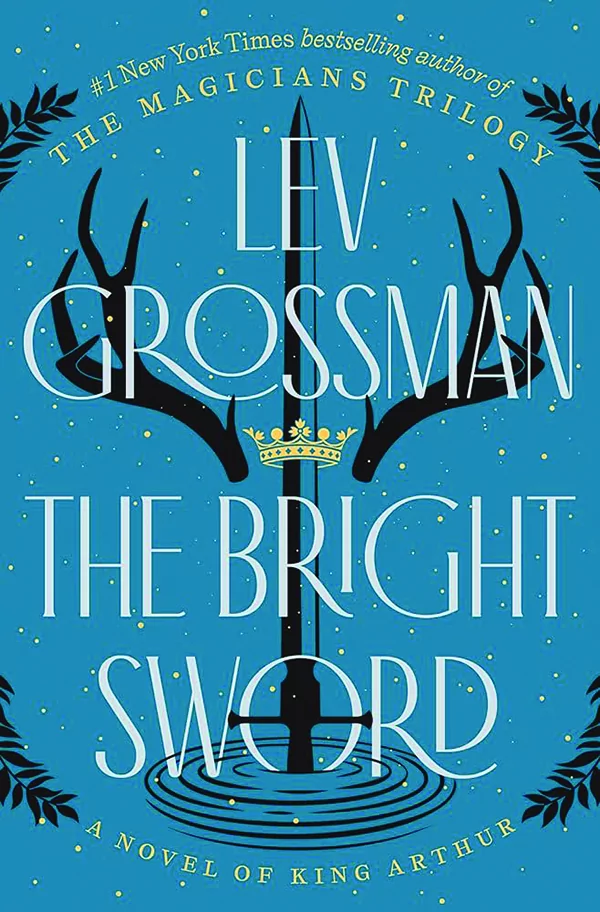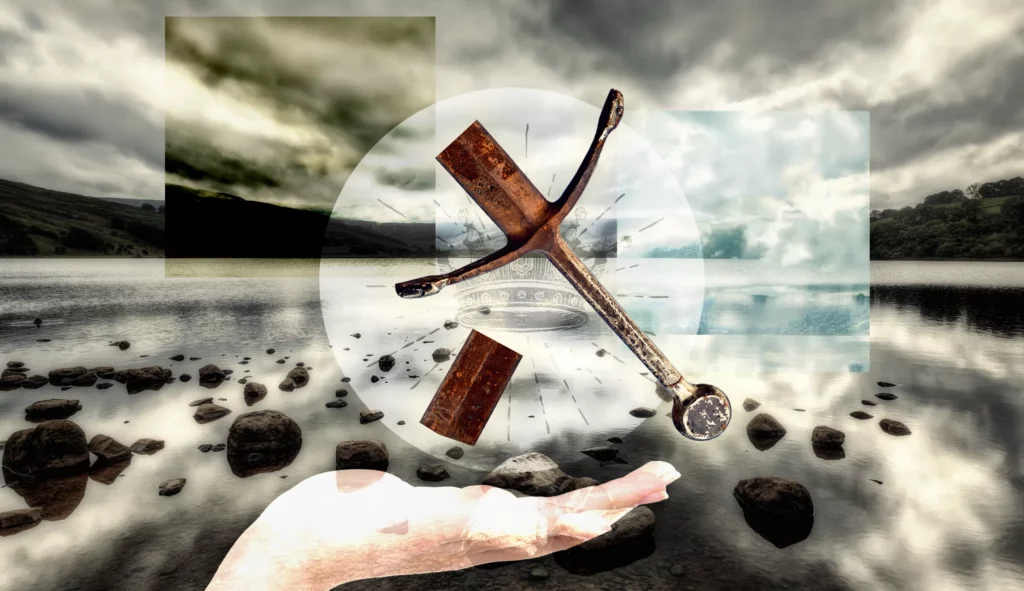In the space of a few decades, fantasy has transformed from a vaguely disreputable genre to a multibillion-dollar behemoth that touches everything from film to television to miniature wargaming. Gone are the days of misanthropes digging through stacks of tattered paperbacks in the back of used bookstores. Modern fantasy novels rate glossy covers, Hollywood adaptations, and chin-scratching considerations in prestige media.

What happened? One reason for fantasy’s surprising popularity is that the genre celebrates virtues — martial skill, physical courage, honor, chivalry, and so forth — that we are instinctively drawn to but rarely encounter in our everyday lives. This presents writers with both an opportunity and a dilemma. Readers want adventure and heroism, but they also have modern ideas about how society should look, ideas often at odds with traditional fantasy storytelling. Meanwhile, the trappings of the genre have become cloyingly familiar to a generation raised on dwarves, dragons, and magical quests.
In The Bright Sword, Lev Grossman tries to avoid these problems by reimagining perhaps the oldest fantasy story of them all, the legend of King Arthur. The Bright Sword approaches this age-old epic orthogonally, starting with the arrival of an anonymous knight wannabe at Camelot a few days after Arthur’s death.
Here, Grossman is working within a long and storied tradition of Arthuriana. Bards, troubadours, and writers have been playing around with Excalibur, Merlin, and the Lady of the Lake since the late Middle Ages. Sir Gawain and the Green Knight, a poem that dates back to the 14th century, ends with King Arthur laughingly telling the eponymous hero not to worry about his failed quest. Mark Twain had the bright idea to send a no-nonsense Connecticut Yankee back to Camelot. T. H. White’s The Once and Future King, perhaps the best-known 20th-century retelling of the Arthurian legend, includes a time-traveling Merlyn, a self-hating Lancelot, and several profoundly weird detours into animal life.
Modern culture is awash in remakes, reinventions, and remixes, and the oft-retold tale of King Arthur seems a natural fit for such a moment. Alas, a new spin on an old tale obliges Grossman to introduce quite a few new characters. These introductions usually involve lengthy quests to demonstrate that the newcomers are not your typical fantasy protagonists, as well as their connections to classic Arthurian figures like Lancelot and Merlin. At one point, Lancelot remarks that yet another quest “turned into one of those endless adventures with far too many twists and turns.” At least Grossman is self-aware enough to realize that the book sometimes drags.
More than a few worthy fantasy novels are guilty of overly long plotlines, but The Bright Sword has more serious problems. From the start, it’s clear that Grossman has imbued his characters with a distinctly modern outlook. This is conveyed by everything from their choice of words — one knight says Lancelot is a “beast” in single combat, a term usually reserved for middle linebackers — to the way they self-consciously describe themselves as secondary characters in someone else’s story as if they were minor figures in a role-playing video game. The intention, one suspects, is to distinguish The Bright Sword from the cliches of fantasy storytelling. The result is to jerk the reader out of Grossman’s world abruptly every time certain characters enter the picture.

The pattern is about what you’d expect from a 21st-century American author. Sir Bedivere is gay. Sir Dinadan is a woman. (Well, was a woman. He undergoes the Dark Age equivalent of transitioning). Merlin is a sex pest. Nimue, his much-abused apprentice, turns into a formidable wizardess. Morgan le Fay is a righteous pagan for opposing the authoritarian moralizing of early Christianity. After one especially dramatic entrance, le Fay remarks, “Don’t girls just spoil everything?” This sort of dialogue would be rejected from a second-rate action blockbuster.
Maybe this approach is meant to be subversive or daring, but unless you’ve been living under a rock since 2012, it’s all rather predictable. And lest anyone complain of political bias, it would be equally tiresome if King Arthur started delivering tirades against ye olde diversity, equity, and inclusion when choosing Knights of the Table Round. Fantasy is supposed to offer a means of escape, but it’s hard to leave the current year behind when putatively medieval characters throw around words like “kink” when describing each other’s sexual proclivities.
Sympathetic readers would surely defend Grossman on the grounds that this is storytelling, not history. This is true up to a point. Writing Arthuriana doesn’t require strict fidelity to the grim realities of Dark Age Britain, a period we know too little about anyway. However, a fantasy novel should at least stay true to its own mythology. When Grossman introduces Sir Palomides, a Muslim knight who arrives at Camelot by way of Baghdad, the reader doesn’t dwell on his presence because it’s in keeping with the weird mysticism that suffuses Arthurian legend. Similarly, The Bright Sword’s mash-up of pagan, late Roman, and high medieval characters and customs is a natural fit for its hazy, quasi-mythical setting. The spell is broken, however, when modern ideas about self-actualization, sexuality, and immigration elbow their way into the story.
CLICK HERE TO READ MORE FROM THE WASHINGTON EXAMINER
Maybe King Arthur is too old-fashioned for modern readers, and Grossman set himself an impossible task by attempting to update Camelot for the 21st century (a modern-day grail quest, if you will). When Guy Ritchie’s 2017 Arthurian origin story crashed and burned at the box office, that was the consensus view among Hollywood cognoscenti. But, well, those people are idiots. The core elements of Arthurian myth — an outsider of noble blood who rises to power, a sworn fellowship, and a tragic betrayal — are the foundations of modern storytelling. Like Shakespeare or the King James Bible, the tale of King Arthur is so deeply woven into our cultural fabric that we will never escape its influence.
At times, Grossman fleetingly grasps the grandeur of The Bright Sword’s source material, like a wandering knight errant catching a glimpse of the faerie world. Not coincidentally, the book’s strongest points have to do with age-old Arthurian themes like fellowship, courage, and fighting for a noble but seemingly hopeless cause. These themes endure because readers still care about them. Hopefully, future Arthurian bards will recognize this.
Will Collins is a lecturer at Eotvos Lorand University in Budapest, Hungary.
